SHADOW WORK
Owning Your Own Shadow - Robert Johnson
Johnson explains the psychological concept of the shadow, or the hidden parts of our personality that we often repress or ignore. Through personal stories and archetypal insights, he provides methods for embracing and integrating these aspects to achieve greater self-acceptance and inner wholeness.
The Undiscovered Self - Carl G. Jung
Jung challenges the modern tendency to suppress individuality, emphasizing the importance of self-knowledge to resist authoritarianism and maintain psychological freedom. He encourages readers to explore their inner selves as a path toward a healthier, more authentic society.
The Red Book - Carl G. Jung
This is Jung’s personal record of his deep exploration into the unconscious mind, where he documented intense visions and encounters with archetypal figures. Through striking imagery and text, he reflects on the nature of the psyche, ultimately laying the foundation for his theories on the collective unconscious and individuation.
The Psychology of Kundalini Yoga - Carl G. Jung
Based on a series of seminars, this book presents Jung’s views on Kundalini Yoga as a symbolic framework for psychological growth. He connects its teachings to Western psychology, examining how energy centers, or chakras, represent stages in the journey toward self-realization.
Shadow and Evil - Marie Louise von Franz
Franz uses fairy tales as a medium to illustrate the concept of the shadow, showing how these stories embody dark archetypal patterns. Her analysis reveals how our hidden desires and fears manifest in folklore, affecting both individual and collective behavior.
Shadow work journal - Zachary Phillips
This practical guide provides journaling prompts and exercises designed to help readers confront and integrate their shadow self. By engaging in this structured self-reflection, readers can bring hidden thoughts and feelings to light, aiding in personal healing.
Memories, dreams, reflections - Carl G. Jung
Jung’s autobiographical work, spanning his life and career, reveals his insights on dreams, spirituality, and the journey toward self-realization. It offers a personal look at his most significant theories, like the anima and animus, and serves as a foundational text for understanding Jungian psychology.
Tarot Shadow work - Christine Sette
Sette shows how Tarot can serve as a mirror for the psyche, helping readers recognize and address repressed emotions. Through guided exercises, the book offers a path to self-discovery and healing by interpreting Tarot symbols as reflections of one's inner shadow.
The School for Gods - Elio D’Anna
Blends philosophy and storytelling to explore overcoming personal limitations and transforming one's reality. The protagonist learns that by cultivating self-awareness and aligning thought with intention, it’s possible to transcend adversity and live harmoniously.
Why do I do that - Joseph Burgo
Explores common defense mechanisms and how they serve to protect us from unresolved emotional wounds, often influencing our behavior unconsciously. Through relatable examples and exercises, he guides readers in recognizing and modifying these patterns to foster emotional growth.
The Completion Process - Teal Swan
Swan presents a method for healing past trauma by visualizing oneself revisiting and resolving painful memories. Through this guided process, she encourages individuals to release emotional blockages, leading to inner peace and a renewed sense of self.
Inner work - Robert Johnson
Discusses how interpreting dreams and engaging in active imagination can help individuals uncover and reconcile their unconscious conflicts. He emphasizes that this inner work is essential for a balanced and fulfilled life, ultimately aiding in personal growth and integration.
Aions - Carl G. Jung
A pivotal work in analytical psychology. It explores the concept of the "self" as a central archetype in Jungian thought. Jung delves into the symbolism of the Christian age, focusing on the figure of Christ as a manifestation of the self and a representation of psychological wholeness.














